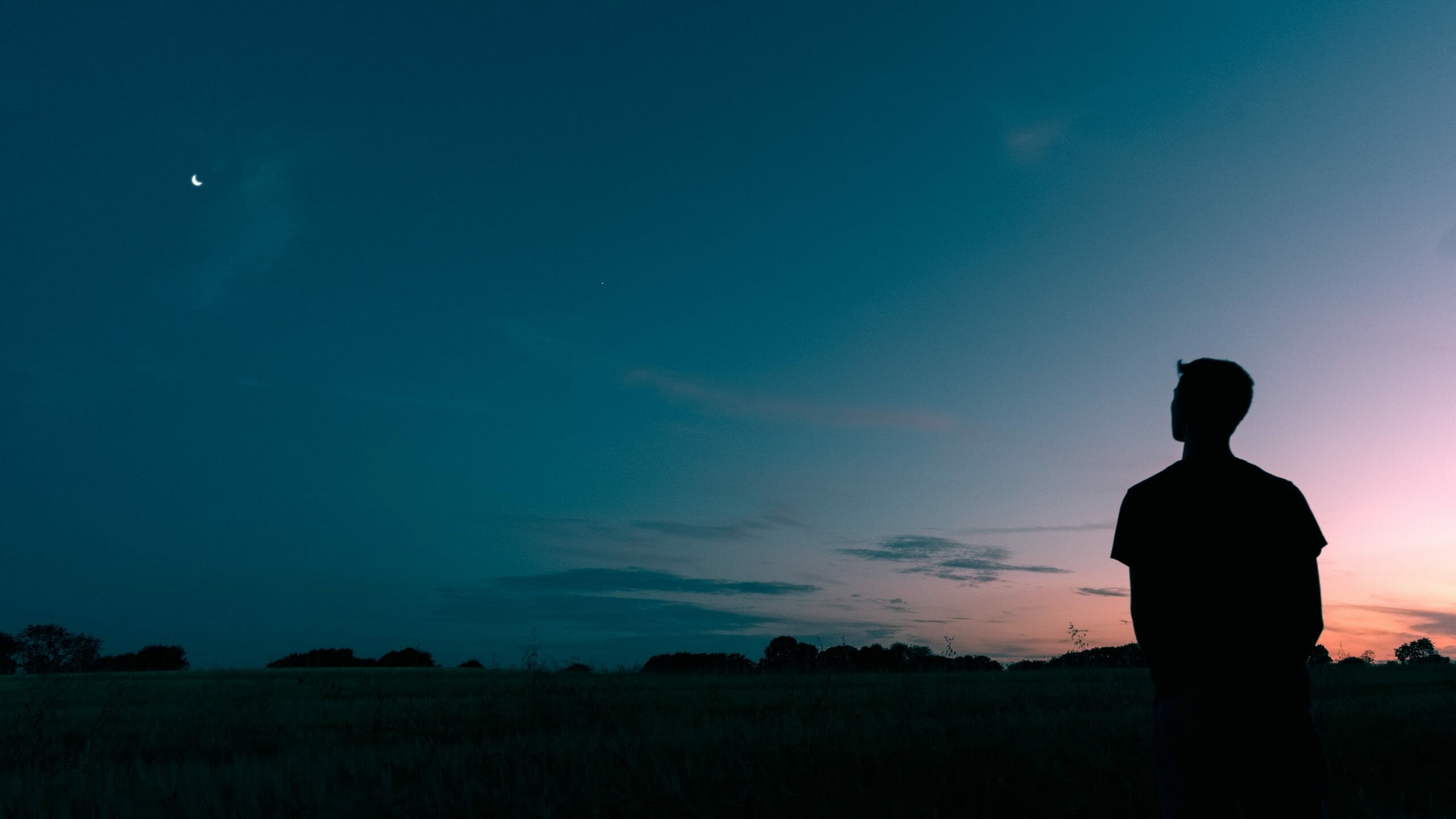
Photo by Benjamin Davies on Unsplash
5 practices to live by in this uncertain, wilderness time

Rev. Daniel Headrick
March 14, 2020
We have entered uncharted territory. Many may have no map for the way ahead. Many may be anxious. I’ve been there all week and have called upon God for help in this time.
It’s as if 2020 is on hold, if not altogether canceled. Christ have mercy.
After some prayerful reflection, I offer five practices to live by in this uncertain, wilderness time. I invite you to add to this list or think of your own.
Practice grace. Do so with yourself and your neighbor. We are frail vessels for transporting grace, so we need to call upon God for help. “My grace is sufficient for you, for power is made perfect in weakness. So, I will boast all the more gladly of my weaknesses, so that the power of Christ may dwell in me” (2 Cor. 12:9). Stress will bring out anxious behavior and language. You do not have to match the intensity the other brings. A good example is when I call a relative or friend and catastrophize. If they remain calm and don’t join in my “sky is falling” approach, I emerge calmer. Try to be that “calm” person once or twice today and see how it goes. Others may not share your assessment of this crisis. That is normal. You are not responsible for their perspective. You are responsible for how you communicate.
Practice resurrection. Remember that you are dust, and to dust you shall return. How quickly we have forgotten these words from Ash Wednesday. Our mortality is assured, but so too is our resurrection. So, we will live with the sure hope that Easter will redeem all plagues. To practice resurrection means that even though we occasionally despair, we are always looking for hope through the grace and mercy of God. What are the signs of resurrection you can see today, if you really open your eyes?
Our mortality is assured, but so too is our resurrection. So, we will live with the sure hope that Easter will redeem all plagues. To practice resurrection means that even though we occasionally despair, we are always looking for hope through the grace and mercy of God.
Practice prayer. Our source of living hope is God, and a time of crisis and uncertainty is an invitation to deepen that relationship through prayer. Ask yourself how much time you have spent consuming news about COVID-19 vs. time in relationship with God today? Talk to God about what that is about for you. Apparently, prayer was so hard to do that Jesus’ disciples asked him to teach them how to do it. Prayer is an acknowledgment that we can’t do this on our own, and that we rely on God for strength and hope.
Practice service. Think of how God might be calling you to service in this interim time. Are there people living paycheck to paycheck in your life? Reach out to them and see how you can serve. Are there seniors with underlying conditions like diabetes, heart or lung conditions who are afraid to go out for groceries or medicine? Check in with them to see if you can serve. We are going to need each other to get through this, with the grace and mercy of God. Many will feel lonely and isolated, so make those extra phone calls to those who are in special need of a human touch.
Practice wisdom. The CDC tells us that senior adults and those with underlying chronic medical conditions like heart disease, diabetes, and lung disease are “at a higher risk of getting very sick from this illness.” They counsel staying home as much as possible. If you are in this category, do not hesitate to reach out to your family, friends, and clergy to tell them how you are feeling and ask for help. If you are a young and healthy person who is asymptomatic, you may be a carrier of COVID-19 and you have a moral obligation to be wise in your contact with others.
Know of my prayers for you and for the world. May healing come. Amen.
The Rev. Daniel Headrick is associate pastor of Northside Drive Baptist Church, Atlanta, Georgia. Prior to joining Northside Drive, he practiced civil litigation with a law firm in Knoxville, Tennessee. He is a former fellow of both the Baptist Joint Committee for Religious Liberty and the Fellowships at Auschwitz for the Study of Professional Ethics.
The views expressed are those of the author and not necessarily those of American Baptist Home Mission Societies.


